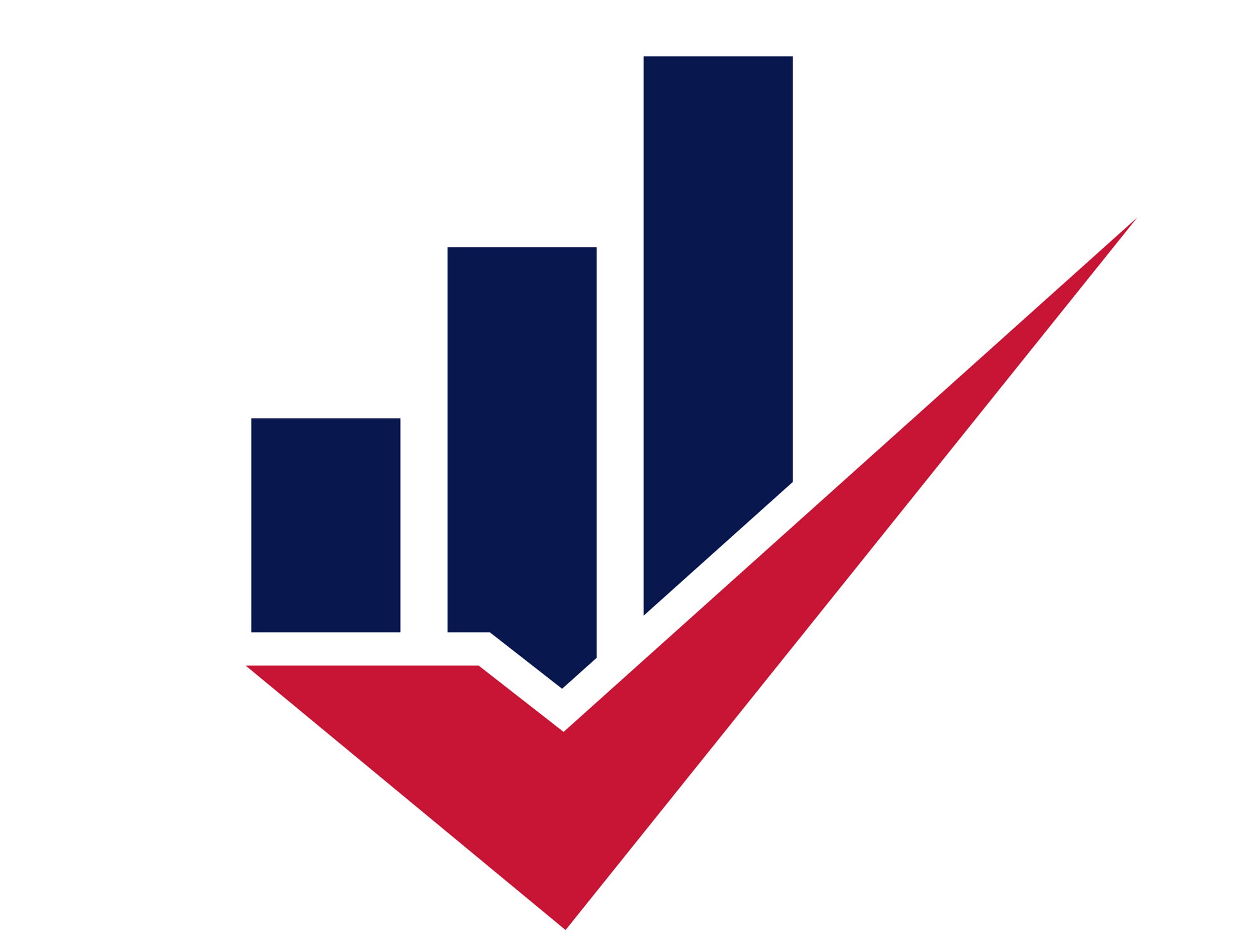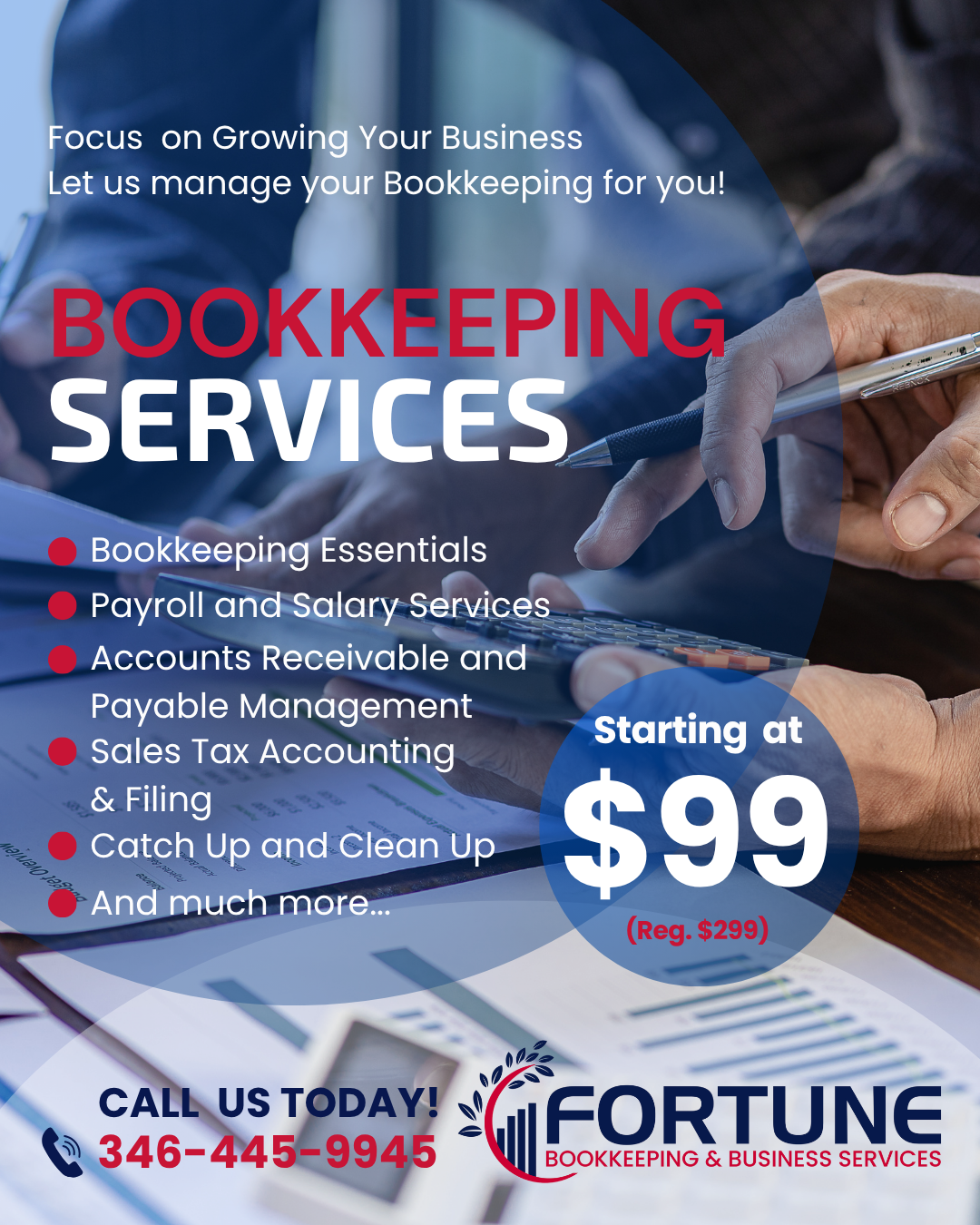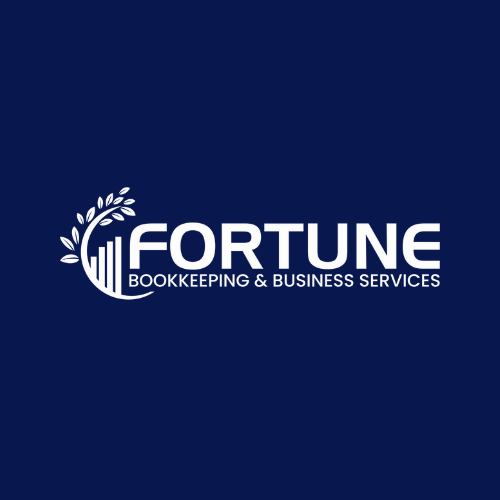How Professional Bookkeeping, Tax, and Business Services Can Simplify Compliance for Small Businesses

This is a subtitle for your new post

As a business owner, you know all too well that the world of regulations can feel like a never-ending maze. From tax laws and financial reporting requirements to industry specific compliance standards, the sheer cost and complexity of staying on top of evolving rules can keep you up at night. According to recent surveys, over 60% of small business owners cite compliance as their top concern, often due to the financial burden of mistakes, audits, and penalties. But here's the good news: you don't have to go it alone. Partnering with professionals in bookkeeping, tax, and business services can transform this overwhelming challenge into a manageable—and even advantageous— part of your operations. In this post, we'll explore how these experts can help you cut costs, simplify processes, and regain your peace of mind.
Why Compliance Feels So Overwhelming (And Why It's Worth Addressing)
First, let's acknowledge the elephant in the room. Regulations are constantly changing—think new tax reforms, updated accounting standards, or shifts in labor laws—and keeping up requires time, expertise, and resources that many business owners simply don't have. The costs can add up quickly: non-compliance might lead to fines, legal fees, or even reputational damage, while attempting to handle everything inhouse could mean hiring additional staff or investing in expensive software. The real issue isn't just the immediate expenses; it's the opportunity cost. Time spent
wrestling with compliance is time not spent growing your business, innovating, or serving your customers. This is where professional bookkeeping, tax, and business services come in. These experts act as your dedicated allies, turning complexity into clarity and helping you avoid costly pitfalls.
How Professional Bookkeeping Services Streamline Your Financial Operations
Bookkeeping might sound mundane, but it's the foundation of compliance. Accurate, upto-date financial records are essential for everything from tax filings to audits, and professionals can make this process seamless. Imagine having a team that handles your daily transactions, reconciles accounts, and ensures your books are always audit-ready. A professional bookkeeper doesn't just record numbers—they provide insights into your cash flow, identify potential issues early, and help you maintain compliance with standards like GAAP (Generally Accepted Accounting Principles) or IFRS (International Financial Reporting Standards). By outsourcing bookkeeping, you reduce the risk of human error, which can lead to expensive corrections down the line. For instance, they can automate repetitive tasks using specialized software, saving you hundreds of hours annually. This not only lowers your operational costs but also gives you peace of mind knowing that your financial data is accurate and secure. Plus, in the event of a regulatory change, your bookkeeper can quickly adapt your records, preventing disruptions and potential penalties.
The Role of Tax Professionals in Minimizing Costs and Maximizing Savings
Tax compliance is perhaps the most daunting aspect for many business owners, with its intricate rules and frequent updates. A single oversight, like missing a deduction or misclassifying an expense, can result in hefty fines or IRS audits. This is where tax professionals shine, offering specialized knowledge that goes far beyond what a generalist can provide. A skilled tax advisor doesn't just prepare your returns—they develop proactive
strategies tailored to your business. For example, they can help you navigate deductions, credits, and incentives that you might not even know exist, potentially saving you thousands in taxes each year. During tax season, they handle the filing process with precision, ensuring every detail complies with the latest regulations from bodies like the IRS or state revenue agencies. Moreover, tax experts stay ahead of changes, such as the evolving tax implications of remote work or international trade. By providing ongoing advisory services, they help you plan for the future, reducing surprises and associated costs. The result? Less stress for you and a buffer against financial risks, allowing you to focus on what you do best—
running your business.
Comprehensive Business Services: Your All-in-One Compliance Solution
While bookkeeping and tax services address specific needs, broader business services offer a holistic approach to compliance. These might include consulting on regulatory requirements, conducting compliance audits, or even assisting with business structuring to optimize for legal and financial efficiency. For instance, a business consultant can review your operations and recommend adjustments to align with regulations like the Affordable Care Act or data privacy laws (e.g., GDPR or CCPA). They can also help with risk assessments, ensuring your business is prepared for audits or changes in the regulatory landscape. This integrated support not only cuts down on the complexity but also uncovers opportunities for
growth, such as tax-efficient expansions or cost-saving restructurings. The beauty of these services is their scalability. Whether you're a solopreneur or leading a growing enterprise, professionals can customize their approach to fit your budget and
needs. Many offer flexible packages, like monthly retainers or project-based fees, which are often more cost-effective than maintaining an in-house team. Over time, this partnership can lead to significant savings—studies show that businesses using professional services reduce compliance-related expenses by up to 30%.
Achieving Peace of Mind: The Long-Term Benefits
At the end of the day, the true value of professional bookkeeping, tax, and business services lies in the peace of mind they provide. No longer do you have to worry about missing a deadline or facing an unexpected fine; instead, you gain a trusted partner who
handles the details, allowing you to sleep better at night. By leveraging their expertise, you'll not only comply with regulations more efficiently but
also position your business for success. Lower costs, fewer errors, and more strategic insights mean you can redirect your energy toward innovation and growth. Remember, compliance isn't just a box to check—it's an investment in your business's future. If you're feeling overwhelmed by the cost and complexity of regulations, it's time to seek professional help. Reach out to a qualified bookkeeping, tax, or business service
provider today. With the right support, you'll navigate the regulatory landscape with confidence and ease.

Find the Right Bookkeeping Solution for Your Business
Starting at (Reg.$299)
$99
Every business has unique financial needs, and we're here to provide the precise support that drives your success.
Let's discuss your specific goals in a no-obligation consultation.










